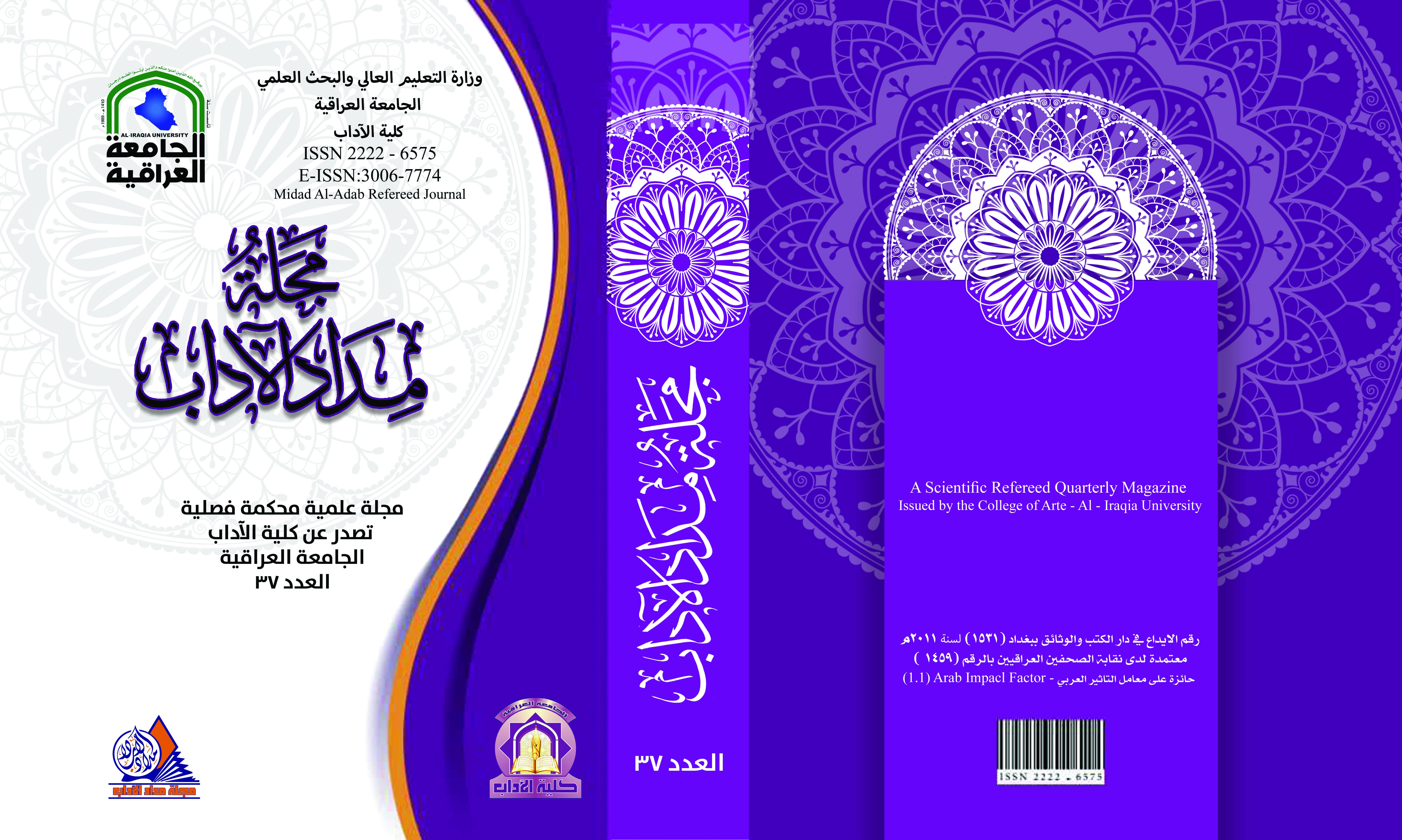Anwar Al-Jundi's Efforts in Literary Arts
Anwar Al-Jundi's Efforts in Literary Arts
DOI:
https://doi.org/10.58564/ma.v14i37.1653Keywords:
Keywords: The development of Arabic poetry (origin and development, transmitted poetry, translation and contemporary literature),his sayings about the story and its development (the concept of the story and its essence, its elements and development, Anwar Al-Jundi’s sayings about the story)Abstract
Anwar Al-Jundi believes that Arabic literature presents every day a new product, basic values, higher repertoires, and rules derived from the foundations of Arabic literature. Arab poetry has gone through stages of renewal and its foundation is based on renewing the content and inoculating it with Western doctrines. Arab literature has also gone through stages of development, and in this period it emerged. The most famous schools are (the diaspora school, the Diwan, and the Apollo magazine), and the emergence of poets influenced by development who called for freedom and renewed content in various arts.
The power of authentic literature prevailed and the depth of literature’s call for unity reached after they were affected by huge events. Despite this, they faced the battle of resistance. The poets of Egypt looked at ancient Arabic literature and benefited from their sources, language, landmarks and phenomena. We talked about poetry and prose poetry, both of which did not adhere to each other. With one rhyme, as for free poetry, it is also not restricted by the number of objects, and they agree in being free from rhyme.
We explained the role of translation to Anwar Al-Jundi in establishing the most important terms, which had an important role in the process of transferring science and knowledge, and that newspaper translators specialized in translating telegrams, and the goal of translation is to transfer literary works that achieve the power of literature, and Arab literature in ancient times went through the experience of translation when it transferred antiquities. Greece, Romans and Persians.
Our critic emphasized that the story is neither historical nor realistic, but rather a depiction of a psychological reality. The difference between the story in Arabic literature is a subjective difference in its psychological and ideological mood, and that the story is a Western concept based on imagination, illusion, and extravagance in details, far from the essence of the soul, and the Arab subjectivity and the Islamic psychological mood disappear, and that The story tried to depict social life and address problems.
Downloads
Published
Issue
Section
License

This work is licensed under a Creative Commons Attribution-NonCommercial-NoDerivatives 4.0 International License.








